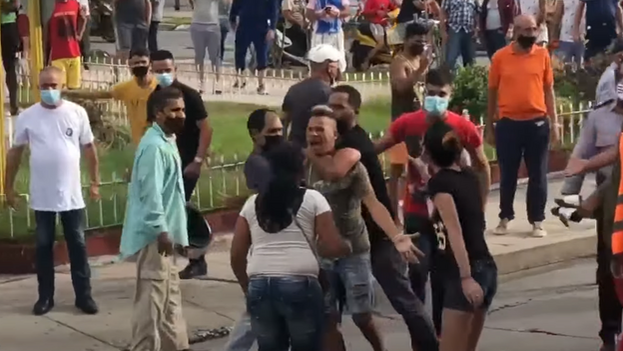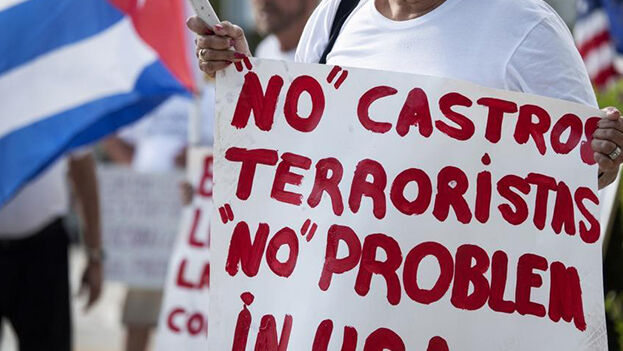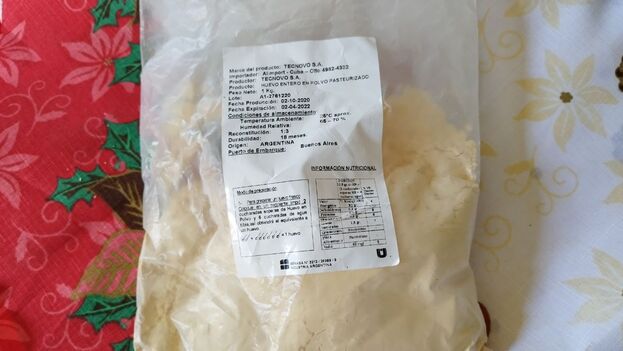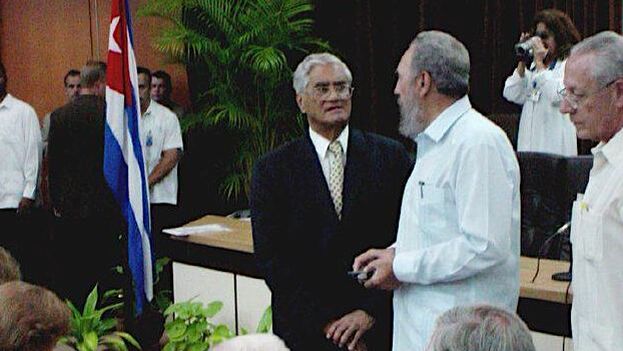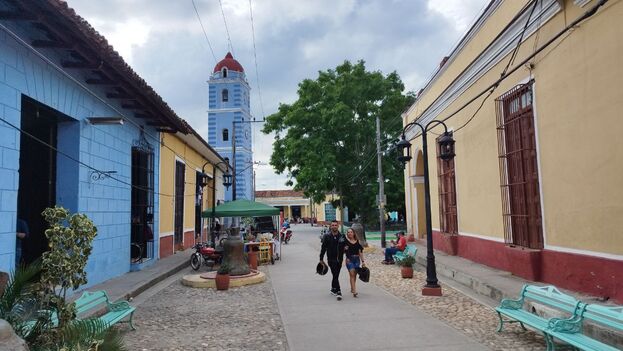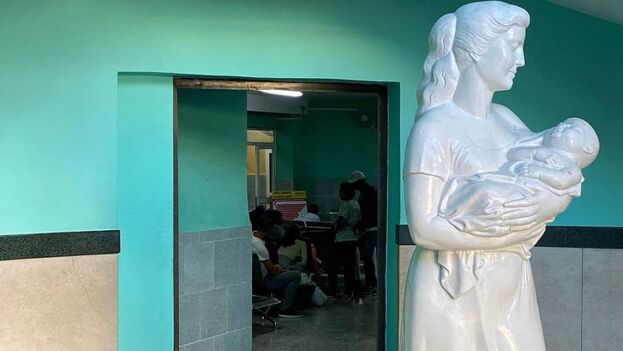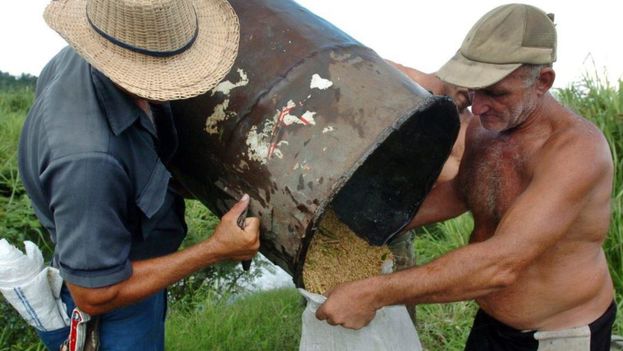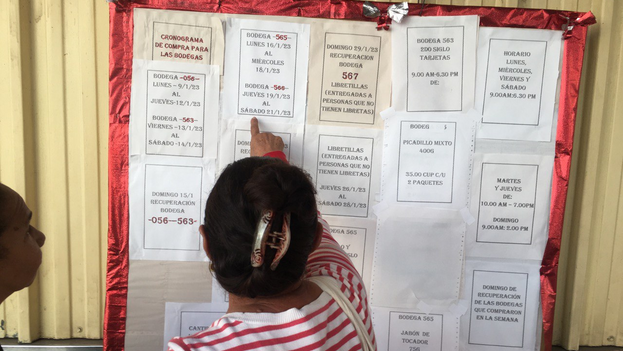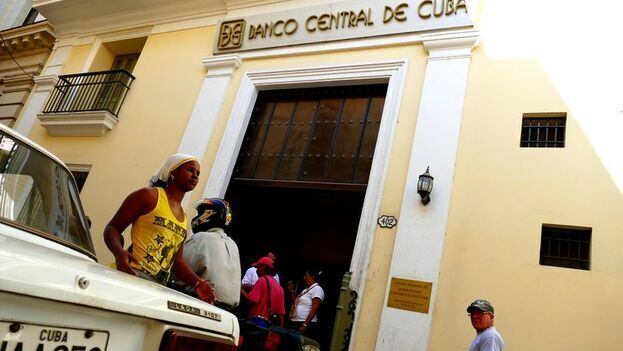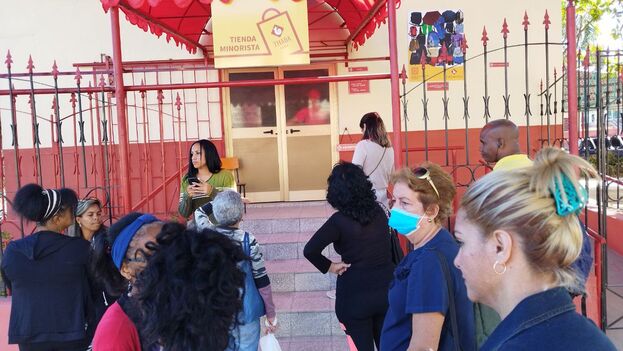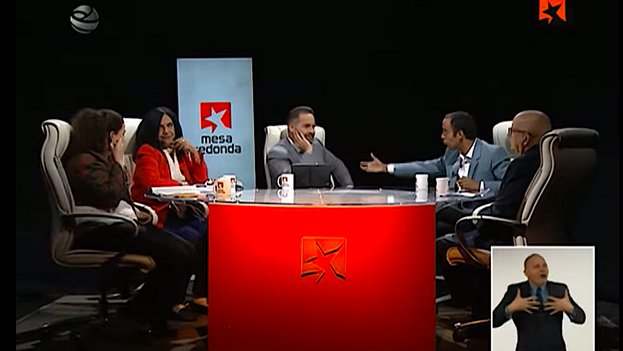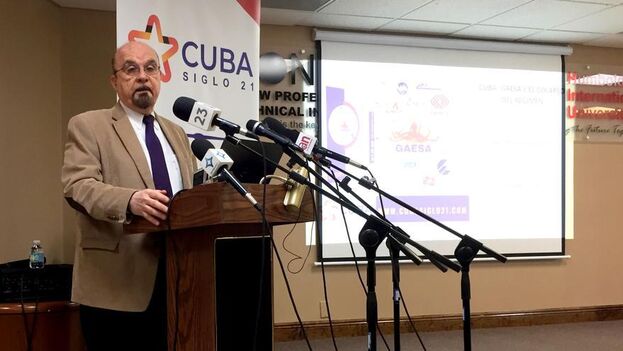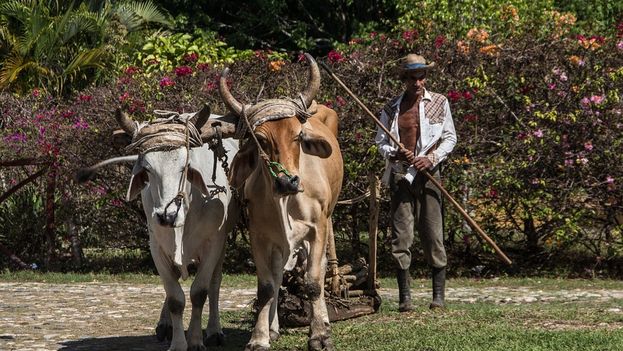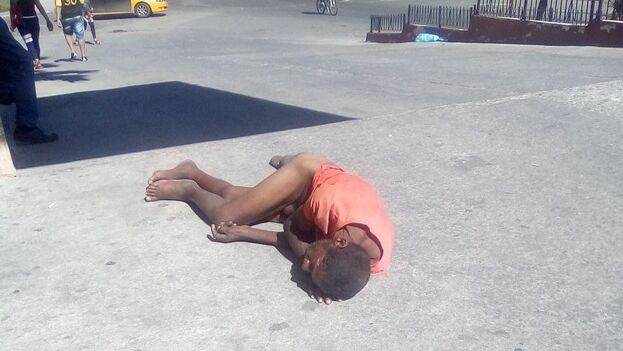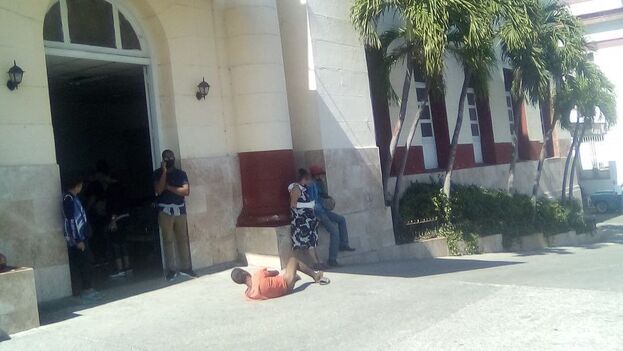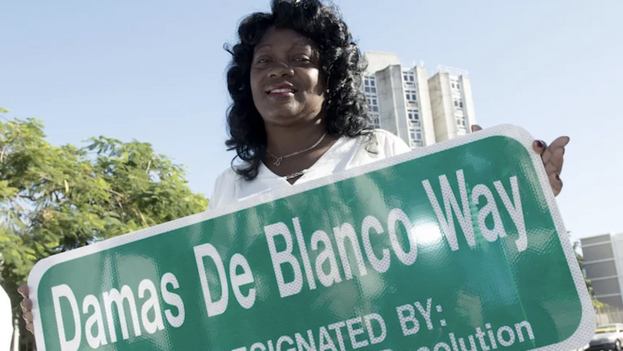
![]() 14ymedio, Havana, 20 January 2023 — In 2022, Cuba reached the highest rate of women arbitrarily detained in the last four years. The figure is documented by the Cuban Observatory for Human Rights (OCDH) in its latest report, published this Thursday, in which they attest to more than 5,500 repressive actions by the regime as of the end of the year.
14ymedio, Havana, 20 January 2023 — In 2022, Cuba reached the highest rate of women arbitrarily detained in the last four years. The figure is documented by the Cuban Observatory for Human Rights (OCDH) in its latest report, published this Thursday, in which they attest to more than 5,500 repressive actions by the regime as of the end of the year.
Last year, the repression of the Díaz-Canel government was consolidated and even went further, adds the OCDH in its report, against sectors of the population traditionally not linked to politics. Imprisonment and exile continue to be a predominant pattern practiced by the regime against dissident voices, while police summonses, threats, and detentions in homes continue.
The organization has recorded that, throughout 2022, Cuban authorities carried out 1,354 arbitrary arrests, of which 832 correspond to women and represent 61.4%, the highest figure since 2018.
The organization has recorded that, throughout 2022, Cuban authorities carried out 1,354 arbitrary detentions, of which 832 correspond to women
There were 1,447 documented detentions of activists, opponents, or relatives of prisoners in their homes, and harassment against the independent press continued as well, with at least 697 repressive actions against journalists who suffered threats, surveillance, subpoenas and restrictions on mobile data and telephony. continue reading
Similarly, the report denounces that at the end of 2022 there are 976 political or prisoners of conscience jailed in Cuban prisons, the majority for participating in the massive protests of July 11, 2021 and other subsequent expressions of discontent, such as in the city of Nuevitas in August 2022. The Government applies the crime of sedition to prosecute the demonstrators, with sentences that average 10 years of imprisonment.
The Observatory reports that, despite multiple calls to the international community to intervene and verify the Cuban prison system, the Government maintains restricted access for agencies to its 293 centers, which have the highest prison population per capita in Latin America, according to the Inter-American Commission on Human Rights (IACHR).
Approximately 72% of the Cuban population lives on the threshold of extreme poverty, and eight out of 10 cannot get medicines in pharmacies
The OCDH details that social indicators have deteriorated due to the deep economic crisis Cuba is experiencing, with a general shortage of food and basic necessities. This has led to 72% of the Cuban population living on the threshold of extreme poverty, and eight out of 10 unable to get medicines in pharmacies, according to the fifth report on the State of social rights published in October of 2022.
In its statement, the Observatory reiterates its call on governments and international organizations to “redouble” their support for activists and civil society in Cuba. It also calls for programs of cooperation with the government to be conditional on “real progress in terms of democracy, human rights and economic freedoms” in addition to the elimination of the new Penal Code.
Similarly, the organization recommends continuing with sanctions against human rights violators under the principles of the Magnitsky Act and other accountability programs in the United States, the European Union and other countries.
Translated by Norma Whiting
____________
COLLABORATE WITH OUR WORK: The 14ymedio team is committed to practicing serious journalism that reflects Cuba’s reality in all its depth. Thank you for joining us on this long journey. We invite you to continue supporting us by becoming a member of 14ymedio now. Together we can continue transforming journalism in Cuba.

